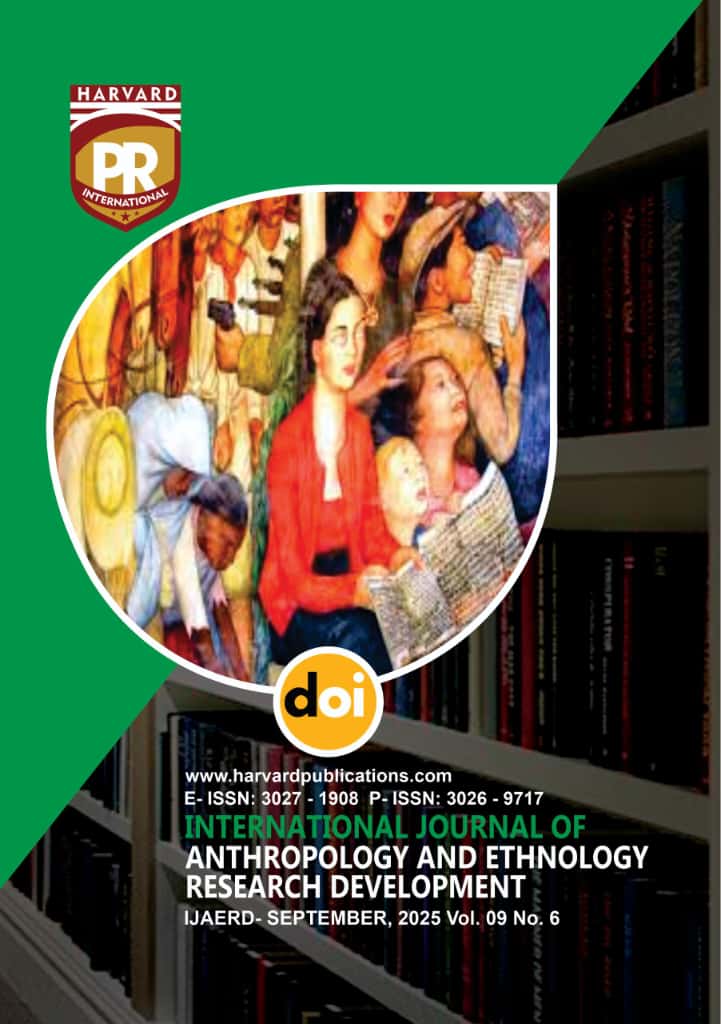Abstract
Motivation plays a critical role in boosting employee performance by encouraging them to perform tasks with greater efficiency and quality than they might have otherwise achieved. Employees who feel secured in their jobs are more motivated to invest in their work and contribute to organizational success; however, unsuitable work environment can lead to decreased performance, particularly when tasks are physically and mentally demanding. This study, therefore, examined the effect of financial motivational factors on lead conversion rate in listed pharmaceutical industry in Nigeria. The study employed survey research design using structured questionnaire. A sample of three (3) pharmaceutical firms was purposively selected based on ease of data collection. The respondents include fifty (50) members of staff from each of the sampled pharmaceutical firms to give 150 respondents. Both descriptive and inferential statistics were employed for the purpose of the data analysis. Descriptive statistics include frequency tables and percentage count, while inferential statistics such as multiple regression analysis was used to relate financial motivational factors proxied by salary, bonuses, commissions, and profit sharing to salesforce performance proxied by lead conversion rate. All tests for significance were conducted at 5%. Findings from the multiple regression analysis showed that three out of the four explanatory variables were positive and significant in explaining variation in lead conversion rate, these are salary (p= 0.000), bonuses (p=0.000), and commissions (p=0.047). The study concluded that financial motivation has significant impact on salesforce performance of listed pharmaceutical firms in Nigeria. It is therefore recommended that pharmaceutical firms in Nigeria should concentrate more on providing financial incentives, such as salary and bonuses to their salesforce as this has very high impact on the salesforce performance, as it offers security to the personnel and gives the salesforce the assurances of security and stability of income.

This work is licensed under a Creative Commons Attribution 4.0 International License.
Copyright (c) 2025 ADEGOROYE A. A., OJO B. S. (Author)




